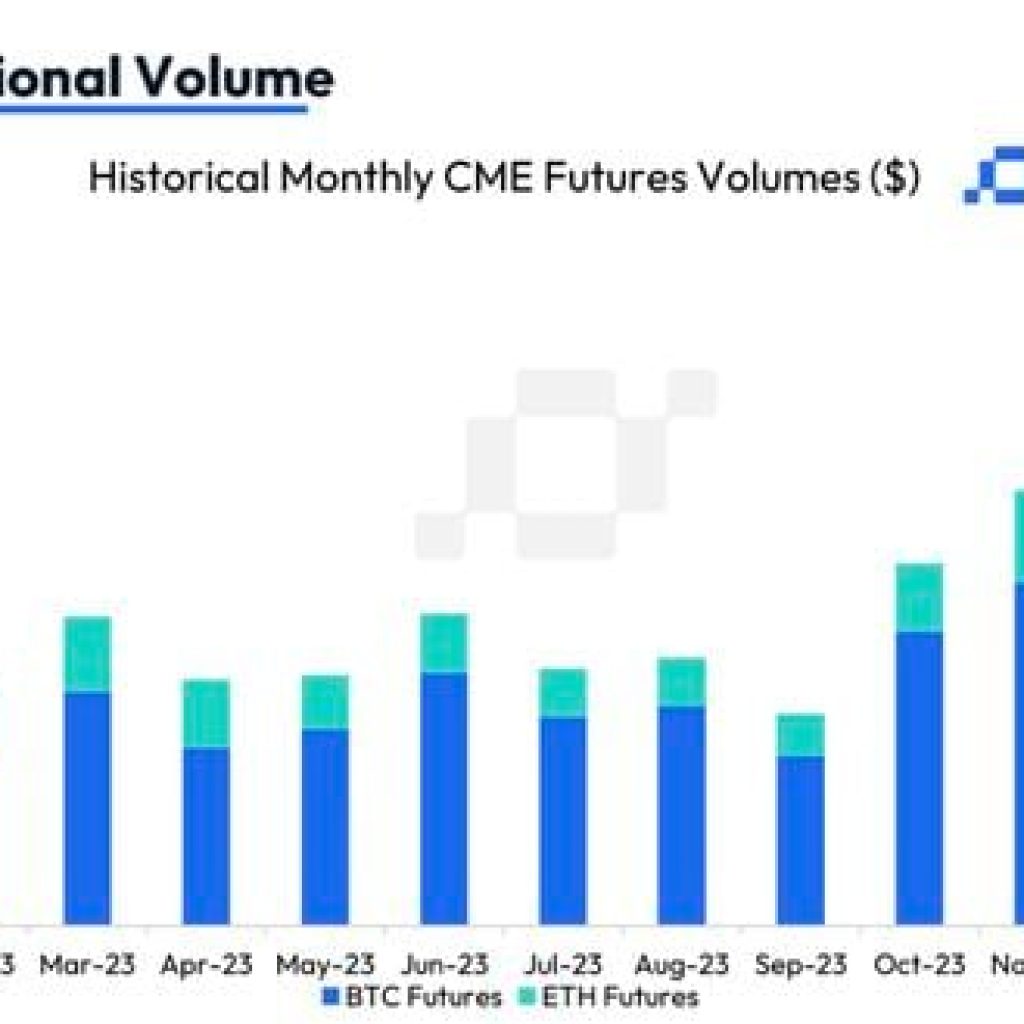Ripple has recently announced that it has received in-principle approval as a blockchain-enabled payment services provider from DIFC (Dubai International Finance Centre), spurring its plans to launch its stablecoin in the UAE along with other remittance and crypto payment services.
Already, Ripple has a strong presence in the Middle East with 20% of its global client base coming from GCC and MENA region.
The license is seen by many as a strong step towards the growth of Ripple in the region, as well as the growth of crypto payments, CBDCs and stablecoins.
Ripple views MENA as a forefront of FinTech revolution
Speaking to Reece Merrick, Managing Director, Middle East and Africa, about the recent announcement and Ripple’s presence in MENA, he noted that Ripple has been deeply embedded in the Middle East, and GCC/MENA region for several years, which he adds, has witnessed one of the most important transformations and the rapid rise of blockchain and crypto technology.
He states, “This has been supported by progressive government policies and forward-thinking regulatory frameworks. This region is at the forefront of a FinTech revolution, particularly in cross-border payments.”
For Ripple, remittances has been the cornerstone of their offering since their inception. The UAE is the number one in the Arab world in terms of remittances as per the World Bank.
According to the latest World Bank report on remittances, the UAE facilitated $38.5 billion worth of outbound transactions, positioning it as number one in the Arab World, and ranked second globally behind the US ($85.75 billion). With the UAE and Saudi Arabia ranking as the second and third largest remittance-sending countries globally, it’s clear why these regions have embraced innovations in payments so swiftly.
Merrick adds that, accordingly, the MENA region now ranks as the seventh largest crypto market in the world, with $338.7 billion in on-chain value received between July 2023 and June 2024, as reported by Chainalysis. Notably, institutional and professional-level activity drives this market, with 93% of transactions exceeding $10,000.
Given this growth, Merrick explains that Ripple’s market presence in the MENA region has grown significantly, now representing 20% of their global customer base. He states, “We engage with a diverse range of financial services firms, including banks, fintech’s, and payment companies (including Qatar National Bank, Al Ansari Exchange, and Pyypl).”
Ripple first to receive in-principle approval from DIFC
According to Merrick, Ripple has become the first blockchain-enabled payment service provider to receive in-principle approval from the Dubai Financial Services Authority (DFSA), marking an important milestone for regulated, crypto-enabled cross-border payments in the region and for Ripple’s global presence as a regulated entity.
He explains, “The continued development of regulatory frameworks here will provide the necessary confidence for banks and other regulated entities to fully adopt this technology.”
In the UAE, the license according to Merrick will enable Ripple to offer full cross-border payment services, such as Ripple Payments Direct (RPD). He asserts, “This will address challenges like high costs, long processing times, and limited transparency in cross-border payments. By combining our compliance-first approach with our ongoing investments in liquidity, institutional-grade custody and on/off-ramps, Ripple Middle East can now offer a seamless end-to-end payments experience, making blockchain’s benefits accessible to any business.”
Ripple sees the DFSA as having done a good job in terms of building regulation, and that the DIFC is a great place for crypto businesses to operate in.
Furthermore, Merrick explains, that Ripple is continuing to monitor the evolving regulatory landscape in the UAE, including regular ongoing discussions with Dubai’s Virtual Asset Regulatory Authority (VARA), Central Bank of UAE (CBUAE) and Abu Dhabi Global Markets (ADGM).
Ripple keen to make its RLUSD stablecoin available in the UAE
The UAE Central Bank recently regulated the conduct of stablecoins such as AED stablecoins versus regulated stablecoins and their custody.
According to Merrick, Ripple welcomes the UAE Central Bank steps and their pragmatic approach.
When it comes to Ripple’s USD-backed stablecoin the RLUSD, Merrick states, “Our RLUSD will be launched in late 2024 and we anticipate it will play an important role in global payments bridging the gap between traditional finance and crypto. We are keen to make it available in jurisdictions where we currently operate, including the UAE, and will continue to engage proactively with local regulators.”





